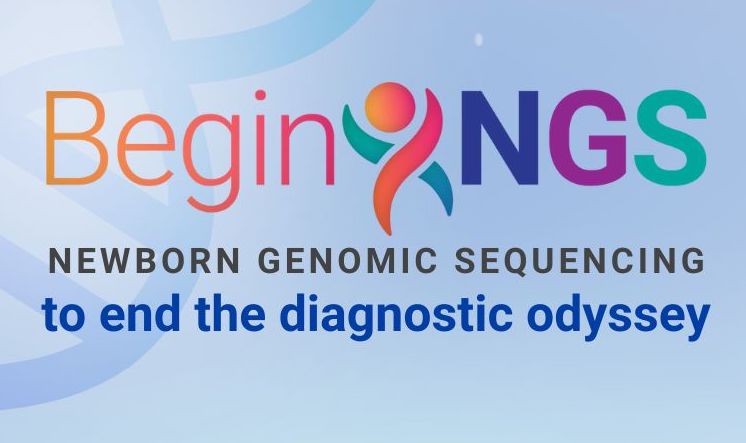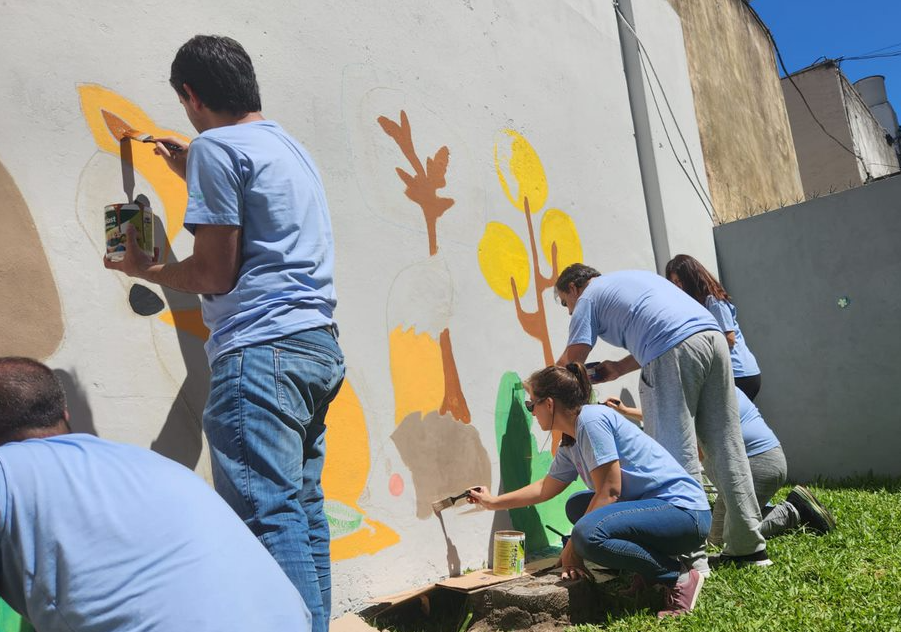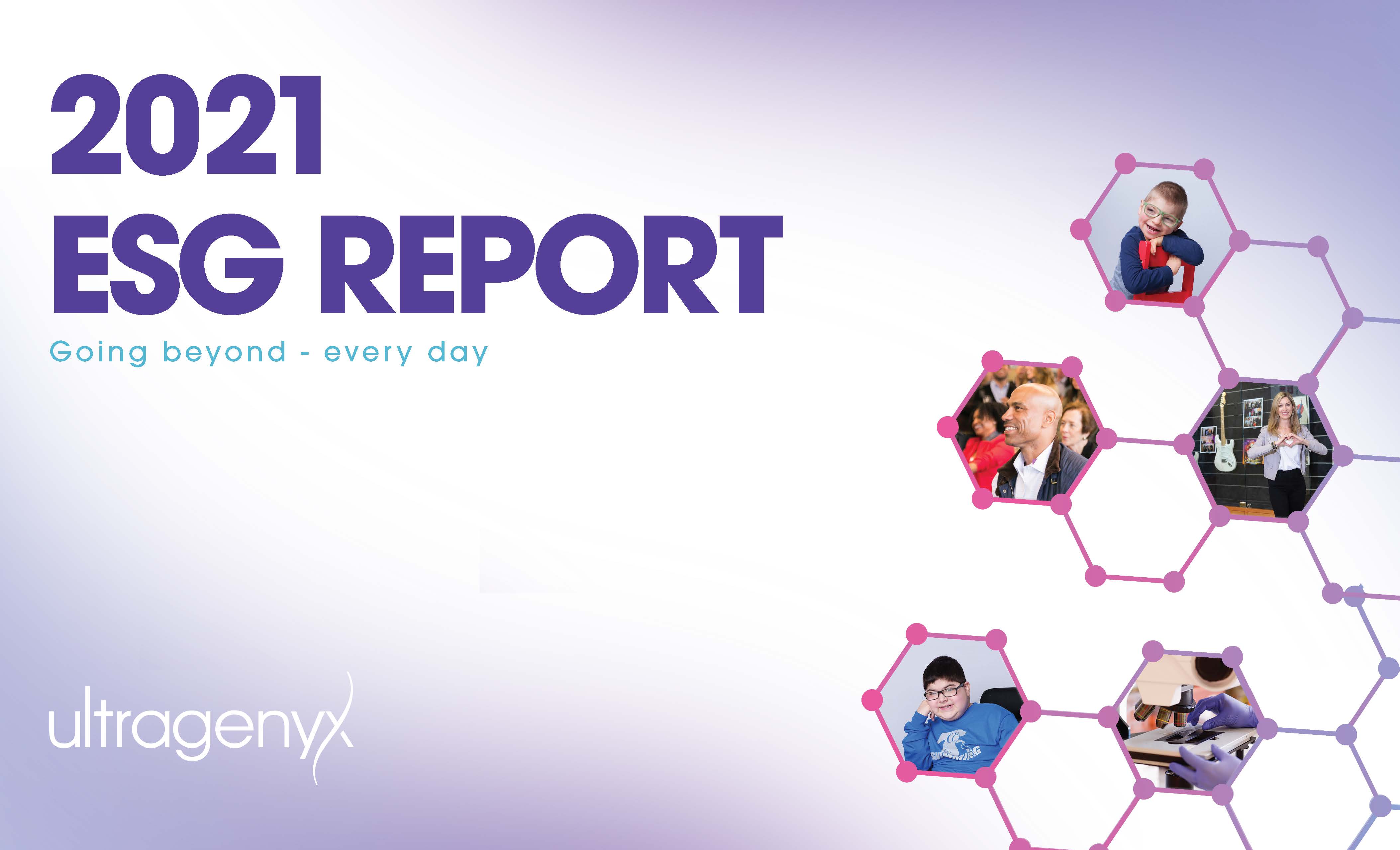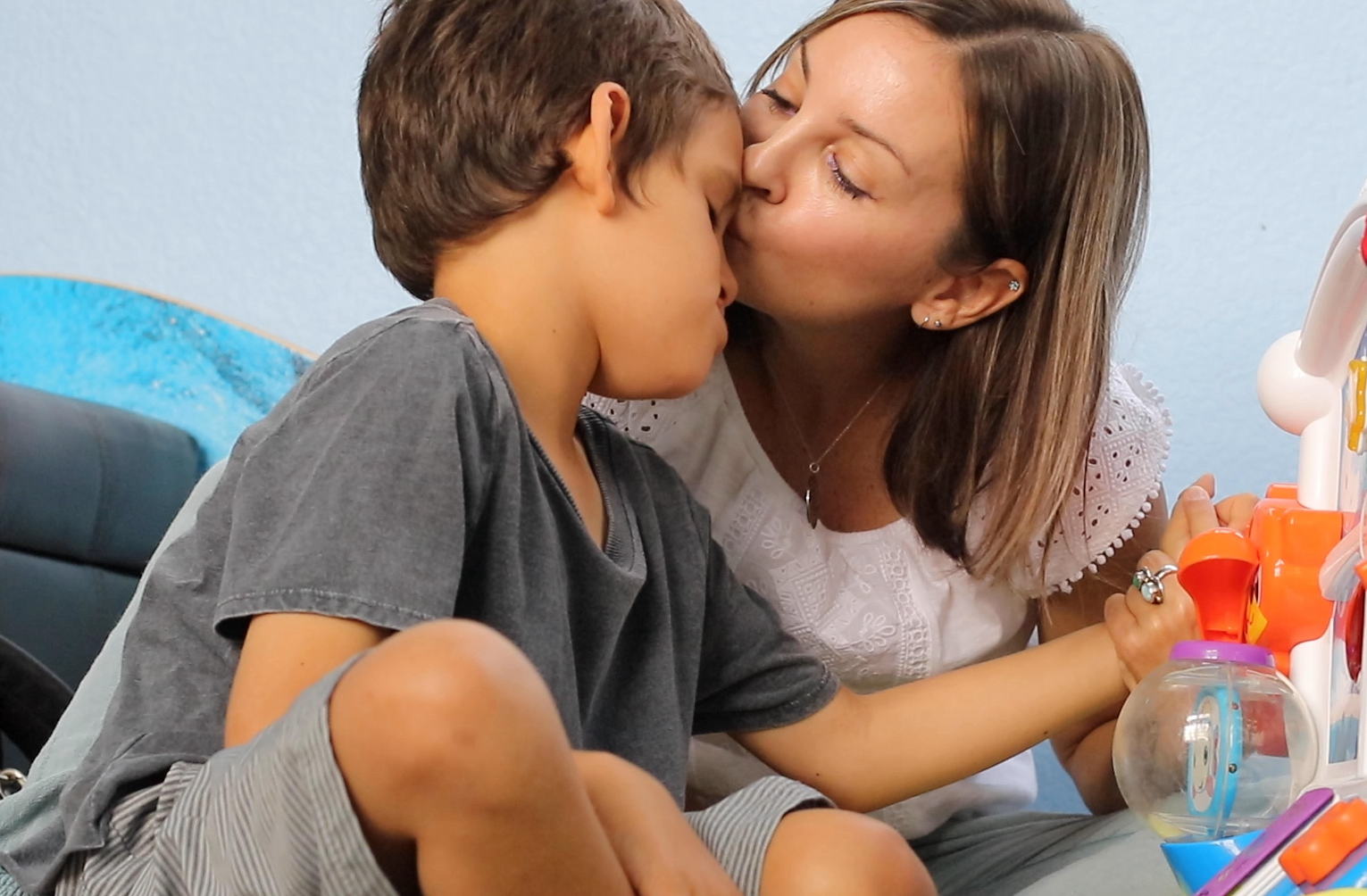At Ultragenyx, we understand the vital importance of timely and accurate diagnosis for people with rare diseases – it is the key to accessing the right health care. The program that has made the greatest impact on early identification of many rare conditions is Newborn Screening, a public health program through which all babies born in the U.S. are screened for a panel of serious yet treatable rare genetic diseases. This program saves countless lives and helps thousands of families each year access earlier treatment, and in many cases prevent disease progression. September is Newborn Screening Awareness Month – click here to learn more.
Ultragenyx is a strong champion for newborn screening and works with advocates throughout the country, supporting efforts to increase the number of diseases included on states’ screening panels. At present, every U.S. state screens newborns for rare diseases at birth, with the number of conditions screened in each state ranging from 32 to 67.
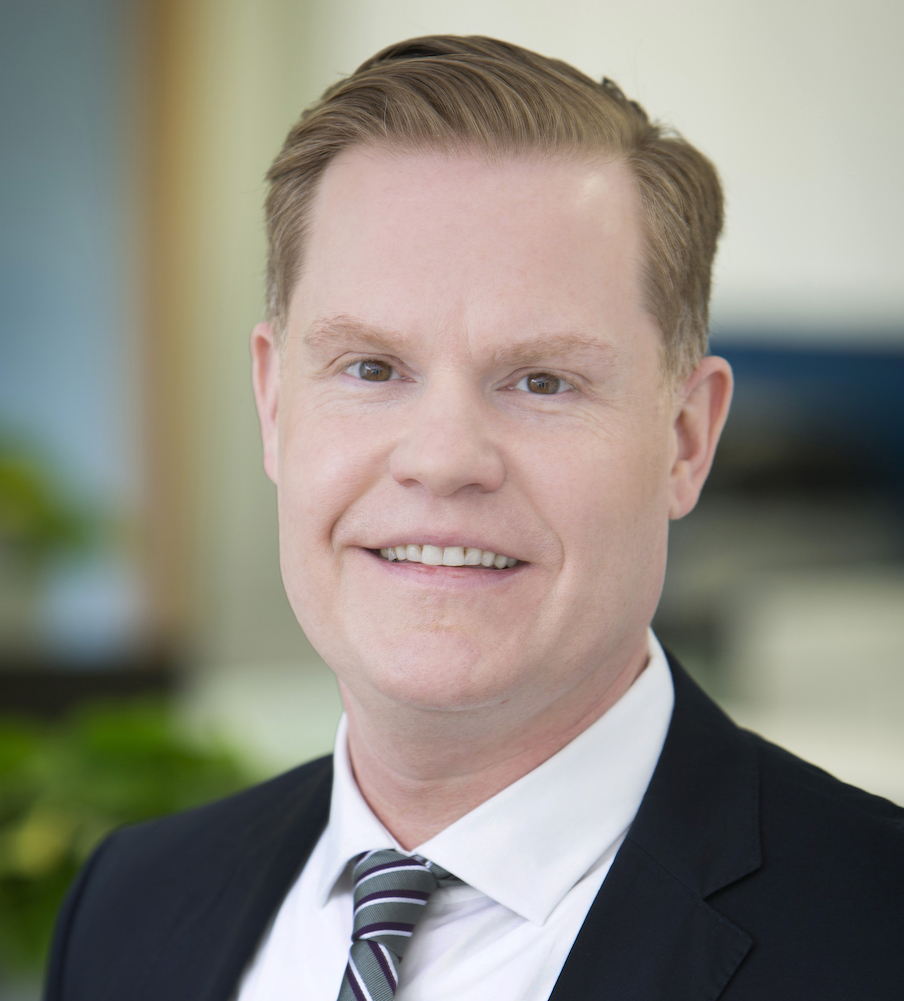
Recently, Ultragenyx stepped up to support a novel approach that complements newborn screening and builds on existing infrastructure by joining a public-private coalition called BeginNGS™ (newborn genomic sequencing). Ultragenyx is helping fund the BeginNGS pilot program to use genetic testing technology to screen newborns for approximately 400 rare genetic diseases during the first year – with an ultimate goal of testing for up to 1,000 disorders and sequencing 3.7 million newborns in the United States annually.
To learn more about this program, I sat down with Eric Crombez, M.D., Ultragenyx’s Chief Medical Officer for Gene Therapy and Inborn Errors of Metabolism. Dr. Crombez is the executive sponsor for our partnership with the BeginNGS consortium and shared his perspective on the importance of this pilot program and why Ultragenyx is supporting this effort.
Jeff: What is the BeginNGS consortium and what is it hoping to accomplish?
Eric: The BeginNGS consortium (pronounced “Beginnings”) is a group of public and private organizations led by Rady Children’s Institute for Genomic Medicine, each of which is committed to enabling early diagnosis of more rare diseases and facilitating access to available treatments. BeginNGS does this through genomic testing technology called rapid Whole Genome Sequencing, and this pilot program is designed to accomplish both screening and diagnosis in a matter of days. When there is a confirmed diagnosis, physicians will be provided with guidance on appropriate medical management, including all available treatments.
A growing number of hospitals in the U.S. and overseas are currently participating in the pilot program, with an initial goal of testing newborns for approximately 400 early onset, actionable conditions. Over the next several years, the hope is to expand the program to many more hospitals, and screen millions of newborns annually for up to 1,000 genetic diseases.
The hope is to expand the program to screen millions of newborns annually for up to 1,000 genetic diseases
Jeff: Why did Ultragenyx join the coalition supporting this program?
Eric: We are a strong supporter of newborn screening and consider it a vital part of treating rare diseases. Newborn screening saves lives and it often helps reduce the diagnostic odyssey. Many families wait 5 to 7 years for a rare disease diagnosis; newborn screening gives parents a chance to receive a timely and accurate diagnosis and access available treatments.
At the same time, there are limitations to the number of conditions that can be screened through the existing program. The chance to dramatically increase the number of diseases for which babies are screened is part of what makes BeginNGS such an exciting pilot program. So, when the opportunity to join this effort came along, it just made sense. We are dedicated to ensuring every patient can get a timely and accurate diagnosis, and we are proud to support new approaches that equip hospitals with the best technology and processes to make this a reality.
Many families wait 5 to 7 years for a rare disease diagnosis; newborn screening gives parents a chance to receive a timely and accurate diagnosis and access available treatments.
Jeff: What is Ultragenyx’s role in the BeginNGS pilot?
Eric: Ultragenyx is one of the founding sponsors of the effort, along with a number of other health care and life science organizations and academic and public health institutions. In addition to providing some initial funding, Ultragenyx will also collaborate with leaders from across the BeginNGS consortium, sharing our expertise in rare disease and participating in working groups to help solve the challenges associated with scaling this innovative approach.
Jeff: Does BeginNGS replace traditional newborn screening?
Eric: This pilot project is developing a set of tools for hospitals to use in addition to the current newborn screening process, and it may help provide real-world evidence about which conditions should be added to a given state’s panel in the future. Newborn screening is one of the most successful public health programs in existence, and we will continue to be strong advocates for this nationwide newborn screening program. While the BeginNGS pilot is an exciting development with great promise, there is still much to learn about how to implement this kind of genomic testing in a scalable way.
Jeff: What is your measure of success for a program like BeginNGS?
Eric: I’ve spent my entire career focused on the treatment of patients with rare diseases, in part because I feel that these diseases do not receive enough attention and that patients often have few or no options for effective treatment. Many of these genetic diseases are progressive and effective treatment often begins with early diagnosis before irreversible damage is done. To me, if this program helps one family get an early, accurate diagnosis of a rare disease and gives them an option to receive a potentially life-changing treatment early in the life of the child, that’s a success. I believe we’ll be hearing many of these kinds of success stories as the pilot program moves ahead.
Additional resources:
- BeginNGS webpage
- Press Release : “Novel Newborn Screening System Uses Rapid Whole Genome Sequencing and Acute Management Guidance to Screen and Diagnosis Genetic Diseases” Rady Children’s Institute for Genomic Medicine, August 24, 2022
Jeff Blake is senior director of corporate communications at Ultragenyx.


